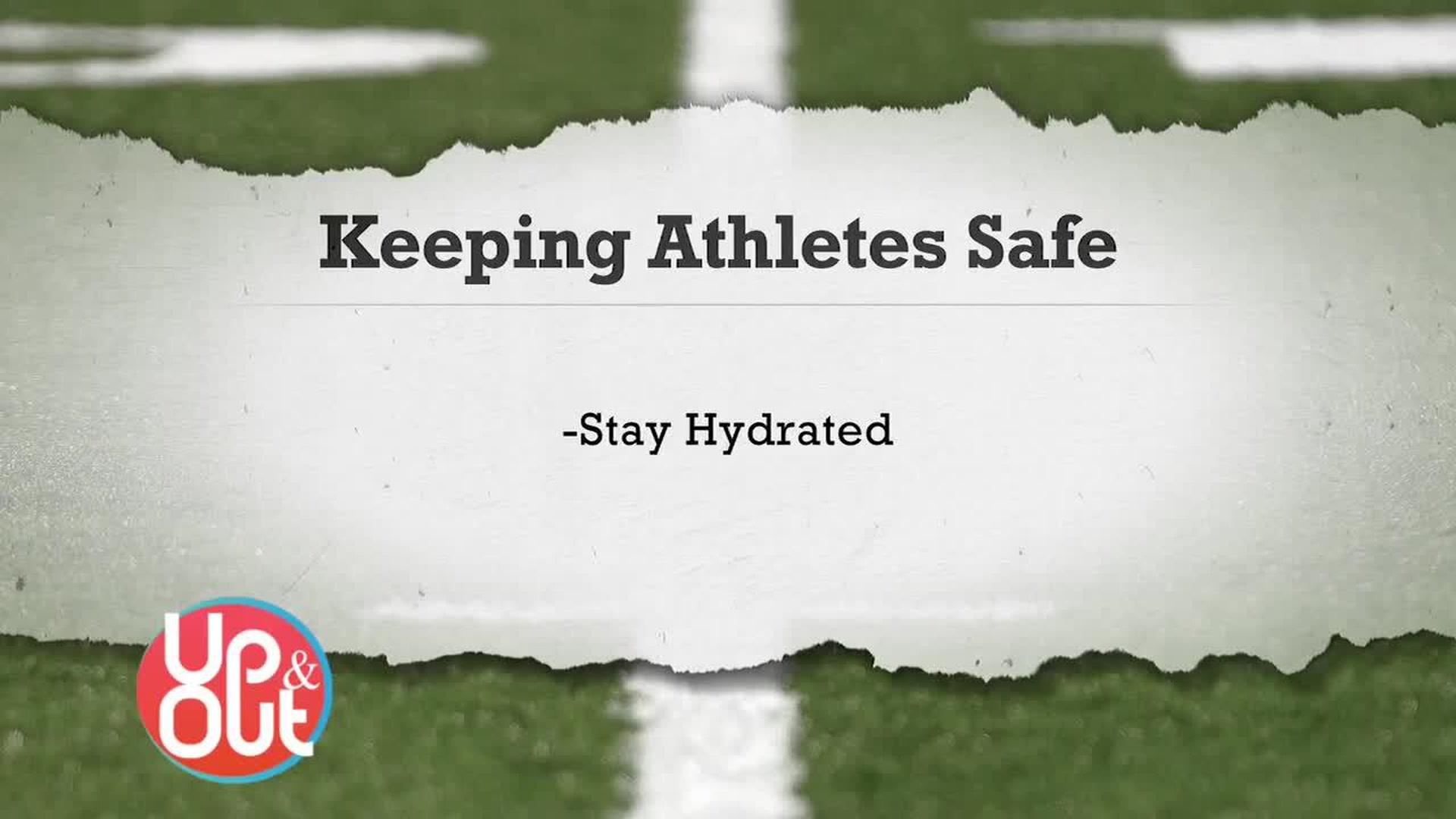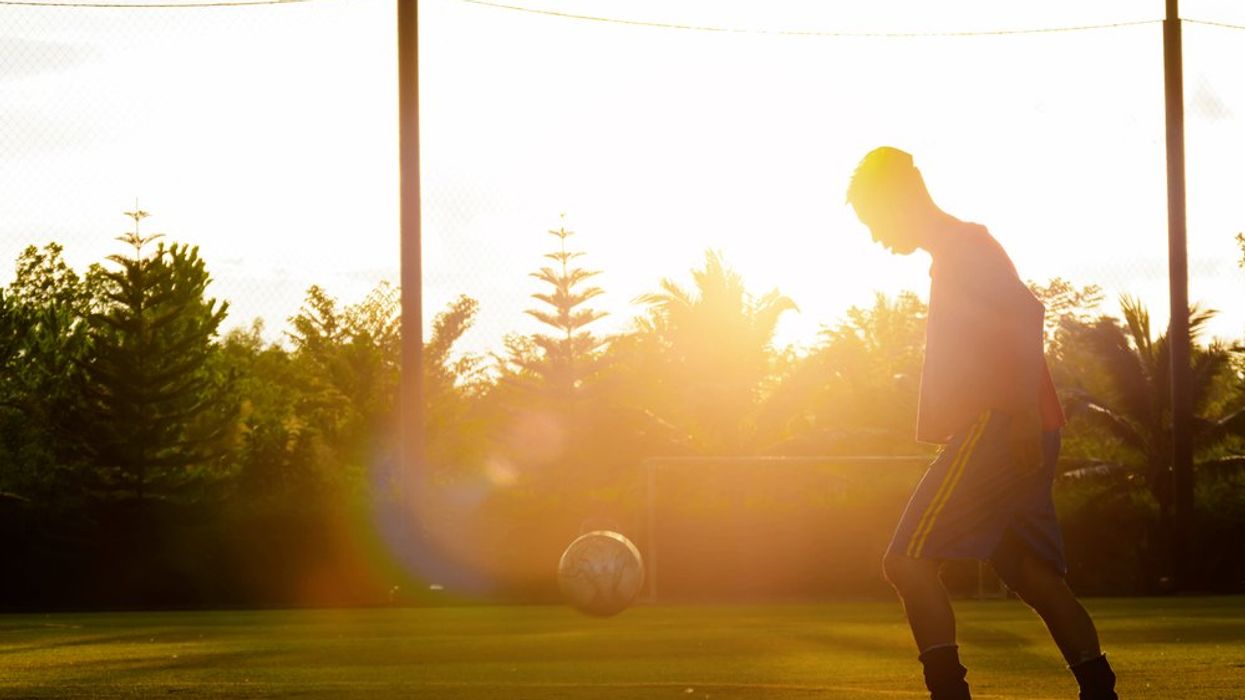Schools are back in session, but record-breaking temperatures are complicating the start of the upcoming sports season for student athletes.
Health experts are concerned about the safety of young athletes, warning that current resources are not enough to protect students from falling victim to unprecedented temperatures.
Keeping athletes cool

Douglas Casa, an expert on heat-related illnesses in athletes and CEO of the Korey Stringer Institute, told ESPN that he doesn't think policies can keep up with such dramatic temperature increases. The institute has graded every US state on their policies for heat safety in school athletics, and less than half of all states scored above 50 out of 100.
"I just don't think they're going to keep pace with them because it takes so long to change health and safety policies, especially in high school sports ... high school sports are [the] freaking Wild West," he said.
Athletic trainers should be present to assist with early recognition and treatment of heat illness, said Kathy Dieringer, president of the National Athletic Trainers' Association. As she told ESPN, "That could be the difference between that athlete surviving or surviving without any kind of physical limitations."
School systems across the nation are dangerously unprepared for a rapidly changing climate. On the first day of the school year, 100-degree weather made an especially hot, stuffy ride home for students in Des Moines. The majority of the district's school buses don't have air conditioning, and The New York Times reported that 15 drivers were treated for heat exhaustion by the end of the day.
Nearly 41 percent of schools reported issues with HVAC systems, according to a 2021 report by the American Society of Civil Engineers. Additionally, Indoor Air reported that 87 percent of surveyed classrooms had subpar ventilation rates, which affected students' academic performance.
"We start to get into really dangerous territory when the heat index is greater than 90 degrees, because that’s a significant health threat for heatstroke and heat illness,” Dr. Lisa Patel, professor of Pediatrics at Stanford Medicine Children's Health, told CNN. She encouraged adults to teach children about the warning signs of heat exhaustion.

















































